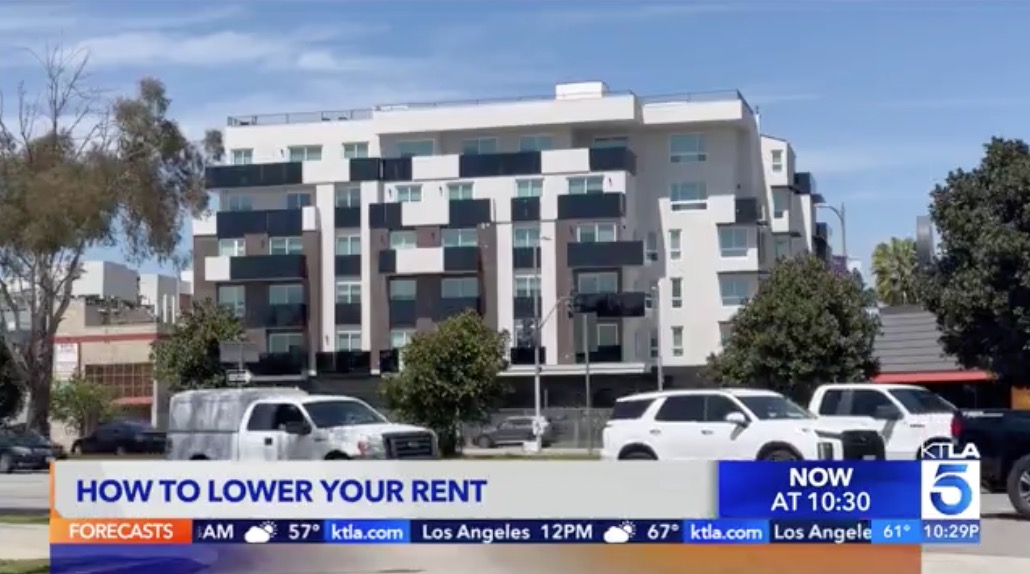If you’ve recently come home to an unexpected eviction notice, we understand you must be absolutely terrified. Hundreds of questions and concerns are likely running through your head. You might also be already thinking about where you will go.
However, before anything else, it’s extremely important that you stay calm and don’t panic, because the latter will only worsen the situation. Secondly, you should know your rights so that you are able to act fast and make a well-informed decision.
An eviction notice certainly doesn’t mean that you won’t have a place to live the next day. All you need to know is what to do next and how to proceed in the right direction.
We have put together a short guide on what the next steps are after receiving an eviction notice from your landlord.
Check Your Lease
Before you moved into your rental, you must have signed a lease agreement provided by your landlord. This is essentially a contract between tenants and landlords that contains clauses that determine the consequences of late or missed rent payments or broken contract terms.
Lease agreements also mention clauses regarding eviction, particularly in terms of how much notice a landlord should provide the renter.
In the event of being served an eviction notice, you must check your lease and read the section regarding eviction. There are times when eviction notices end up violating the terms outlined in the rental lease, in which case you can appeal it and consult a landlord-tenant attorney. However, if the eviction notice isn’t violating the terms of the lease, there are other methods you can adopt.
Research Local Laws and Ordinances
Access to renter support can vary greatly from state to state. One of the best things you can do, if you find yourself facing eviction, is look into eviction helplines in your area. Typically these helplines can provide you with legal advice, inform you of your rights as a renter, and even direct you to free attorney services.
With COVID 19 causing housing insecurity across the nation, these difficult times have also given way to quite a few rental relief programs. Although many tenant protections have expired, the Coronavirus Aid, Relief, and Economic Security (CARES) Act still offers tenant protections you may find helpful. Additionally, the CDC Eviction Moratorium was extended until March 31, 2021. This means that residential evictions of covered persons have been temporarily halted for reasons of nonpayment of rent from September 4, 2020 through January 31, 2021.
Talk to Your Landlord and Negotiate
This option is contingent upon the reason for your eviction notice. There could be many reasons why your landlord is evicting you, such as delayed rent payment, violation of the lease by the tenant, illegal drug activity, and many others.
You can always talk to your landlord, work up some negotiations with them, and find a way out of the eviction. Evictions can be extremely expensive for landlords and they are often more willing to negotiate a solution than tenants expect. For instance, if your landlord is evicting you for late rent payments, you can settle the issue by discussing other options, such as developing a payment plan with them. You can also pay all your outstanding dues in full and reassure your landlord that something like this won’t happen again.
Regardless of the cause for eviction, attempting to work out a solution with your landlord is certainly worth the try.
Find A New Place to Rent
In case the eviction is valid and isn’t violating any terms of your rental lease, it’s best to start looking for a new place to rent. Evictions don’t happen overnight. After being served an eviction notice, you will have a few days an eviction notice to figure things out and find a new apartment or place to live. Start packing your belongings immediately so that you aren’t left scrambling.
Finding a new place after an eviction is surely a challenging task, but it’s nothing impossible. You will have to put in a lot of extra effort to find a decent place as fast as possible. Here at Dwellsy, we are here to help. Dwellsy.com can help you find a myriad of available rentals that suit your individual needs by offering you organic search results, uninfluenced by pay-to-play business models.

Seek Financial Help
If your landlord is evicting you on the basis of rent payment and you are having financial problems, consider seeking financial assistance from your friends and family. If that is not an option, look into different organizations that aim to help and provide resources to middle or low-income families in times of financial emergencies.
In such cases, it is best to seek financial help from anyone to get out of the eviction and to let your landlord know that you will be paying your rent in full.
Hire An Attorney
In case you feel that your landlord has wrongfully evicted you, you can choose to hire an attorney. However, it’s not absolutely necessary to do that if you think you are comfortable dealing with it independently.
In either case, you must have all records, documents, and evidence ready and compiled because you will need them to craft your arguments and present them in court.
We recognize that not everyone can afford to hire an attorney, especially during these difficult times. However, there are other ways to challenge your eviction without placing yourself in a precarious financial situation. Most states have free legal services available for renters. For example, free legal assistance is available in New Jersey through Legal Services of New Jersey (LSNJ). There are likely similar legal services available near you, so take a deep breath and be sure to do your research before stressing out.
Take Things to Court
This is one option that many tenants find super scary, but the deal here is that your landlord can issue a court order against you in any case. This particularly happens when tenants fail to comply with the terms of the eviction notice. In case you do receive a court order from your landlord, you can fight it and take things to court from your end too.
Note here that the court’s ruling can be swayed in your favor, given that you aren’t complying with the eviction due to real and legitimate problems like structural issues, lack of running water, absence of heat, and many others.
However, if you end up losing the fight in court, you will, unfortunately, have to move out and find a new place to rent as soon as possible.
Final Word
Going through an eviction process is certainly very difficult, but it is essential for you to know your rights. For instance, know that your landlord cannot remove your belongings or lock you out of the rental property forcefully, at least not until the formal date of the eviction has passed, or the court has passed its orders.
As terrifying as the whole ordeal might be, you must stay calm and think straight with your head. In such times, it is imperative that you say the right things and do what you should do in order to prevent any problems or difficulties for yourself.
Check out our other blog posts for other important rental tips.








